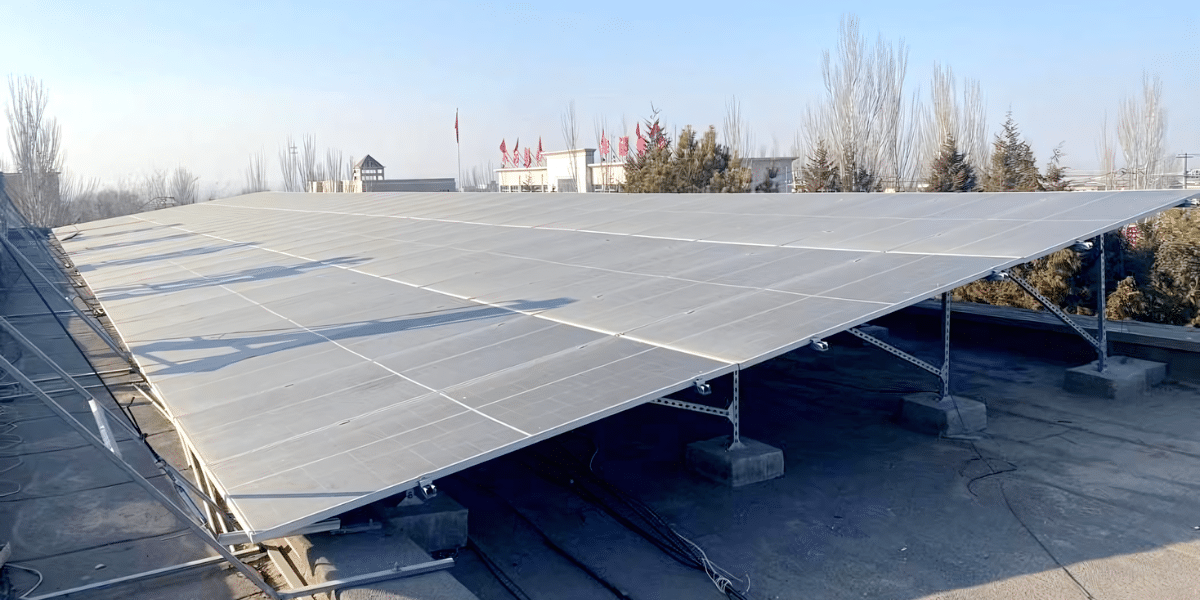Image commercially licensed from: Unsplash
A homeowner and a home warranty provider enter into a service contract when the homeowner purchases a home warranty plan. Home warranties protect the homeowner against the costs of replacing important home systems and appliances that fail due to regular wear and tear. When a piece of household equipment or system breaks down, the homeowner is responsible for submitting a service request to the supplier. After that, the provider dispatches a service technician to address and resolve the problem.
Before purchasing a home warranty, a homeowner should make themselves aware of any coverage restrictions and limits that may apply to the policy. We have compiled a list of the inquiries that are covered most often about home warranty providers. Check out our top-most recommendation of the home warranty provider in this article if you are considering purchasing a policy for your residence and want to make an informed decision.
The Best Home Warranty In The Market; We Recommend Elite Home Warranty
Home warranties may be wonderful investments for homeowners who seek convenience and peace of mind, despite the fact that they may seem to be complex at first glance. Our top recommendation when it comes to home warranties is Elite Home Warranty. Elite Home Warranty can help in dodging expensive repairs and fixes along with offering several other benefits such as increasing the value of your house and protecting yourself financially.
Your house’s appliances, air conditioning and heating systems, electrical systems, and other systems, as well as other components, are covered by Elite Home Warranty in exchange for a modest monthly charge. You will be able to determine whether or not their home warranty coverage is suitable for you if you do an in-depth assessment of your individual requirements and go through their plans. When buying house warranty plans from Elite Home Warranty, homeowners might save an average of $1800 on their annual maintenance costs.
Q.1 What Are Things That Are Covered by a Home Warranty?
Warranties for your house cover the essential components that may be found in the various systems and appliances in your home. Though coverage may vary from one provider to another, some providers may cover goods like electrical systems, heating and cooling systems, and kitchen appliances. The majority of service providers offer plans that are system-specific, appliance-specific, or combination plans.
We strongly advise that you give some thought to the components of your house that are most important to you in terms of protection before entering into a contract for a home warranty with a service provider. To begin, think about the systems or appliances that you use the majority of the time.
For instance, if you reside in an older house that also has an older HVAC system, you should think about working with a provider that provides reliable protection for your HVAC system. Consider the costs involved in changing the system or the appliances, as well. Consider purchasing a home warranty if the cost of repairing a major appliance or system breaks down to be more expensive than the cost of the policy itself.
Q.2 What Is Exactly From the Coverage of a Home Warranty?
Every company that sells house warranties has its own set of coverage expectations and restrictions. If you are aware of any exclusions, you may avoid having your claim rejected. The following are some examples of typical exceptions to this rule.
- Damage brought on by natural calamities such as floods, fires, etc.
- Faulty components or units
- Inappropriate use of systems and appliances
- Cleaning of mold or potentially dangerous items
- Conditions that were already present before the diagnosis
- The expenses of remediation
- Routine maintenance
Additionally, providers may exclude certain categories of devices and appliances from their coverage. For instance, the majority of service providers will not provide coverage for non-essential components of a system and appliances. Some examples of these components are dials, door hinges, and racks.
Some kinds of devices, including computers and home appliances, are not covered by the providers. For instance, some providers may offer coverage for conventional gas and electric water heaters, but not for tankless water heaters. Because of this, before you sign up with a carrier, we strongly advise that you read the small print carefully so that you are aware of any coverage restrictions.
Q.3 What Exactly Do Coverage Limits Entail?
The amount that home warranty companies are obligated to pay for certain types of repairs is often capped. A greater level of coverage limitations will result in an increase in the monthly payment. Take into account both your financial constraints and the kind of coverage limitations you need. If the cost of a repair is more than the maximum amount covered by your provider, the additional cost will be your responsibility to pay.
There are 3 primary coverage options available from Elite Home Warranty: Elite Appliance, Elite Complete, and Elite Systems. The range of home appliances that are included in Elite Appliances service scope includes refrigerators, washing machines, dryers, Ovens, and dishwashers. The Elite Complete plan is their all-inclusive offering, and it provides protection for a variety of essential home components, such as appliances, heating and air conditioning systems (HVAC), electrical systems, plumbing systems, garage door openers, and more. The air conditioner, furnace, electrical system, plumbing system, water heater, and other house items are all included in the coverage provided by Elite Systems.
Q.4 Who Exactly Are the Service Providers for the Home Warranty Company?
Another topic that often arises concerns the tradespeople that home warranty companies work with to make repairs. Reputable service providers set up a network of other service providers who are licensed and bonded and go through a screening procedure before delegating any work to them. We suggest that you inquire about a provider’s process for getting contracts and dealing with subcontractors that do subpar work.
Inquire more as to whether or not the service provider has qualified contractions in your neighborhood. There may be a lag in getting a service professional to your house if you reside in a location that is hilly, remote or not connected to a public power grid.
Q.5 Do I Have the Freedom to Choose Which Service Provider I Want to Use With My Home Warranty?
The vast majority of home warranty providers will, as a matter of course, send a technician from their own network to address your problems. The majority of organizations, on the other hand, will let you choose your own professional to remedy the problem if the existing specialist is unable to do so. In order to be eligible for compensation, you will need to show confirmation that the damage was fixed along with an itemized receipt.
When you make a claim with some specific companies, you are given the option to choose the technician who will work on your home.
Q.6 What Does the Procedure for Making Claims Look Like?
The procedure for filing a claim is subject to change according to the home warranty provider.
When filing a claim with certain companies, you have to phone a special claims line, while other companies provide you with a number of other choices. When selecting a home warranty, it is important to think about the ways in which you are most at ease – whether it is through chatting with a real person or filling out an online form.
Verify the length of time it takes a provider to handle an entire claim from beginning to finish. For instance, applications for urgent or after-hours service might take substantially longer to complete than requests for typical service. You are able to make a selection that is better informed when you are aware of how a provider processes claims.
Q.7 Are Home Warranties Subject to Any Regulations?
Home warranty companies are subject to regulation from both governmental and industry-related bodies. Regulation is in place to safeguard what is in the best interest of the customer. A number of governments have established specialized regulatory agencies to keep an eye on service providers. However, there are several that do not have a distinct regulating agency. Customers who live in these states and own a house have the option of contacting other customer protection organizations, such as the office of their state’s attorney general.
In addition to the monitoring provided by the state, home warranty companies are regulated by industry groups. Homeowners may get assistance from a variety of organizations, including the National Groups Service Contracts Association and the Service Contract Industry Council, which both provide extra resources and maintain directories of member service providers.












